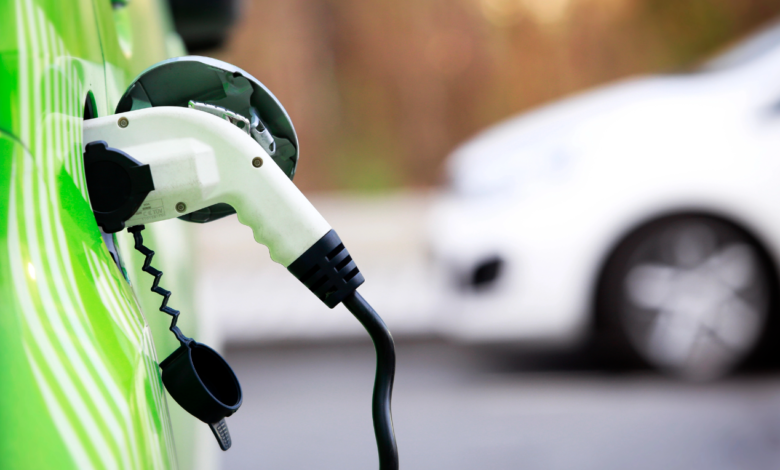Electric cars, 2024 is breaking all records

IEA forecasts for electric cars in 2024
At the end of this year, 17 million more EVs will circulate worldwide, a new record increase that confirms the boom recorded in 2023 (+35%, +14 million units). Although some markets are facing challenges not just in the short term, by the end of the decade in China 1 car in 3 will be electric, while in Europe and the United States will be electric 20% of the total car fleet. These are the forecasts for 2024 electric cars released today by the International Energy Agency (IEA).
Electric cars 2024, the boom continues
The first months of the year were very positive. EV sales around the world increased by 25% over the same period in 2023, maintaining the same growth rate as in 2023 as in 2022. So much so that the EVs sold between January and March 2024 are equivalent to the electric cars sold during the entire 2020.
China will be driving the global electric car market in 2024 again, without surprises. Sales in the Asian country should reach 10 million units, almost 59% of the world total. And about 45% of new vehicle registrations in China.
The United States lags far behind with 1 EV out of 9 registered cars, while Europe keeps pace even if it fails to narrow the gap with Beijing. By the end of the year, despite the stop to subsidies in some countries and a stagnant car market for total volumes, in the old continent the share of electric cars sold should stand at 25% of the total.
Beyond the traditional protagonists of the transition to electric mobility, the IEA reports the leap made in 2023 by other Asian countries. Above all Vietnam and Thailand, where the share of EV in the total of cars sold reached, respectively, 15 and 10%.
Policies are there, but prices remain high
The outlook for the coming years continues to be positive. The IEA estimates that between “substantial” investments in the supply chain of electric vehicles, political support that should remain “constant”, and the fall in the prices of EVs and batteries, one can expect “even more significant changes” between now and 2030.
Based only on the policies already in place today, in 2035 50% of new cars sold in the world will be electric. If policies are aligned with government promises, the percentage could rise to 66% by the same date. And cut fossil consumption in the global transportation sector by 12 million barrels of oil a day.
The most worrying problem is prices. In China, EVs are already cheaper than diesel or petrol equivalent in 60% of cases. Quite different speech in Europe and the United States. Here are the endothermic vehicles to be still the cheapest. But the IEA predicts that “intensified market competition and improved battery technologies will reduce prices in the coming years”.





